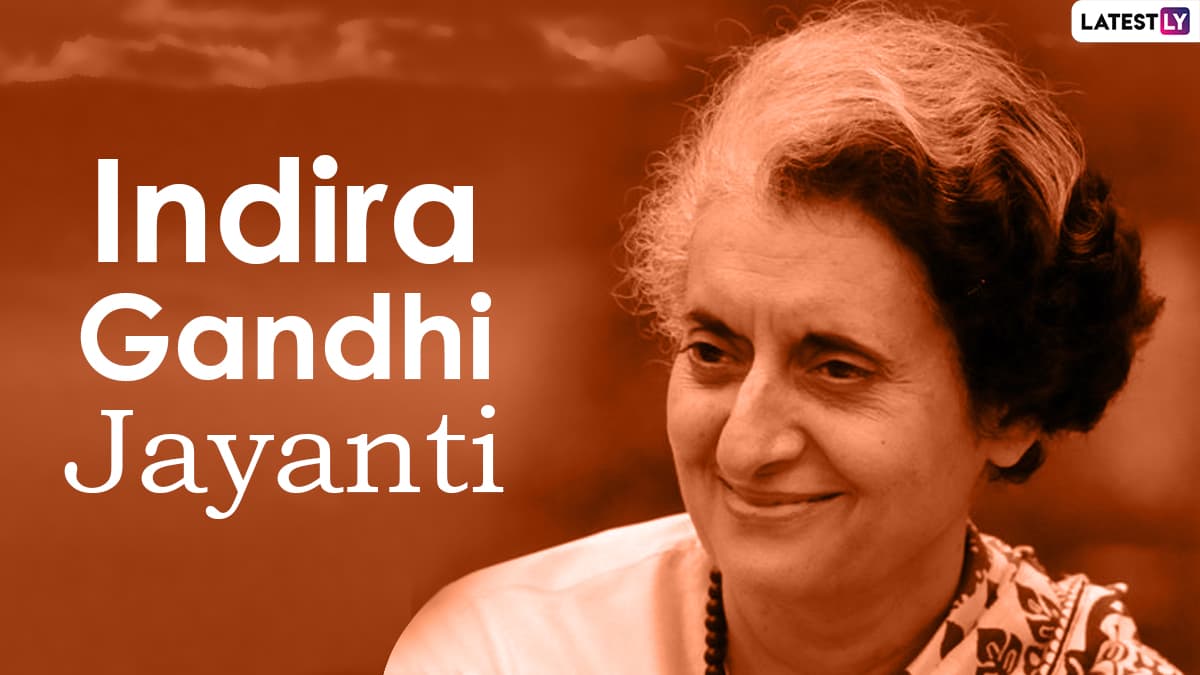Indira Gandhi was a prominent political figure in India, serving as the Prime Minister of India for multiple terms and leaving a lasting impact on the country's political landscape. Here are some key highlights of her life and legacy:
Early Life and Background:
Birth and Family: Indira Priyadarshini Gandhi was born on November 19, 1917, in Allahabad (now Prayagraj), into the Nehru-Gandhi family. She was the daughter of Jawaharlal Nehru, India's first Prime Minister, and Kamala Nehru.
Education: She studied at Oxford University and later became involved in India's freedom struggle, influenced by her father's political activism.
Political Career:
Entry into Politics: Indira Gandhi entered politics under the guidance of her father, Jawaharlal Nehru, and held various positions within the Congress party.
Prime Ministerial Tenures: She served as Prime Minister of India from 1966 to 1977 and later from 1980 until her assassination in 1984, making her India's first and only female Prime Minister to date.
Major Policy Initiatives: During her tenure, she implemented several policies aimed at nationalizing banks, initiating the Green Revolution in agriculture, and leading the country during the Bangladesh Liberation War in 1971, which led to the creation of Bangladesh.
Emergency Period: Her declaration of a state of emergency in 1975, due to political unrest and economic challenges, was a controversial period marked by curtailment of civil liberties.
Assassination and Legacy:
Assassination: Indira Gandhi was assassinated on October 31, 1984, by her own bodyguards in retaliation for ordering a military operation against Sikh militants in the Golden Temple in Amritsar.
Legacy: Indira Gandhi's legacy is complex and multifaceted. She is remembered for her strong leadership, resilience, and contributions to India's development and foreign policy. Her policies left a lasting impact on India's political and economic landscape.
Criticism and Controversy: Her tenure also faced criticism for authoritarian tendencies, censorship, and the declaration of Emergency in 1975, which led to curtailed civil liberties.
Indira Gandhi's political journey, leadership during challenging times, and significant policy decisions have left a lasting impact on India's history and continue to be a subject of debate and analysis in Indian politics.











